
Winning Minds
Secrets from the Language of Leadership
Recommendation
Speechwriter Simon Lancaster regards leadership primarily as having a talent for knowing how to persuade and manipulate listeners’ neurotransmitters. In this irreverent look at the art of persuasion, he argues that winning people’s support requires satisfying their craving for brain chemicals like serotonin, dopamine and oxytocin, which boost feelings of confidence, well-being and social connection. But to do so, you must engage all the levels of the brain: “the instinctive, the emotional and the logical.” Lancaster outlines the rhetorical tactics that leaders from Aristotle to Steve Jobs used to stir their listeners’ instincts, fire up their emotions and impress their intellect. Simon Lancaster, who worked for CEOs and members of UK prime minister Tony Blair’s cabinet, backs up his advice with real-world examples. His emphasis on brain chemicals seems a little pat – but functions as a useful metaphor. getAbstract recommends his amusing manual to teachers, salespeople, speechwriters, business communicators and public relations professionals.
Summary
About the Author
Simon Lancaster is a speechwriter who has worked for members of the UK government and for the CEOs of companies such as HSBC and Unilever. He lectures at Cambridge University and prominent business schools, and provides commentary for television.



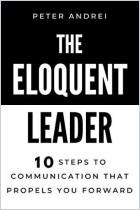
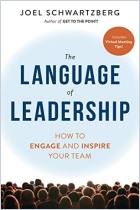
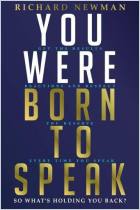
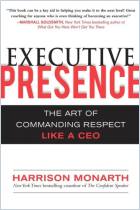
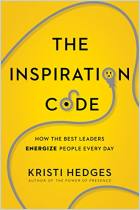






Comment on this summary